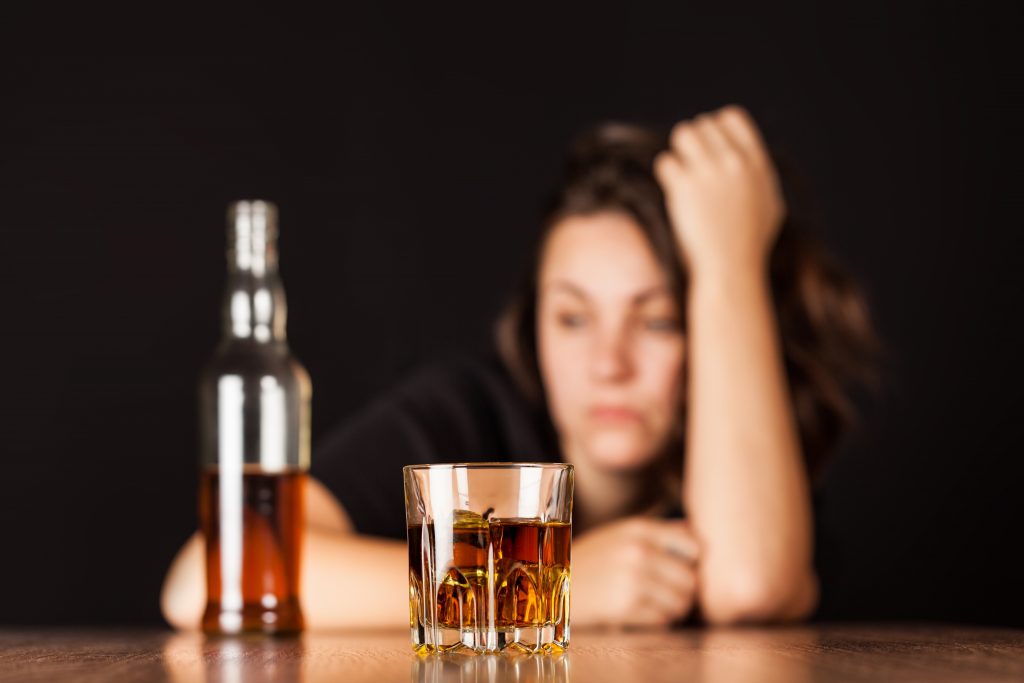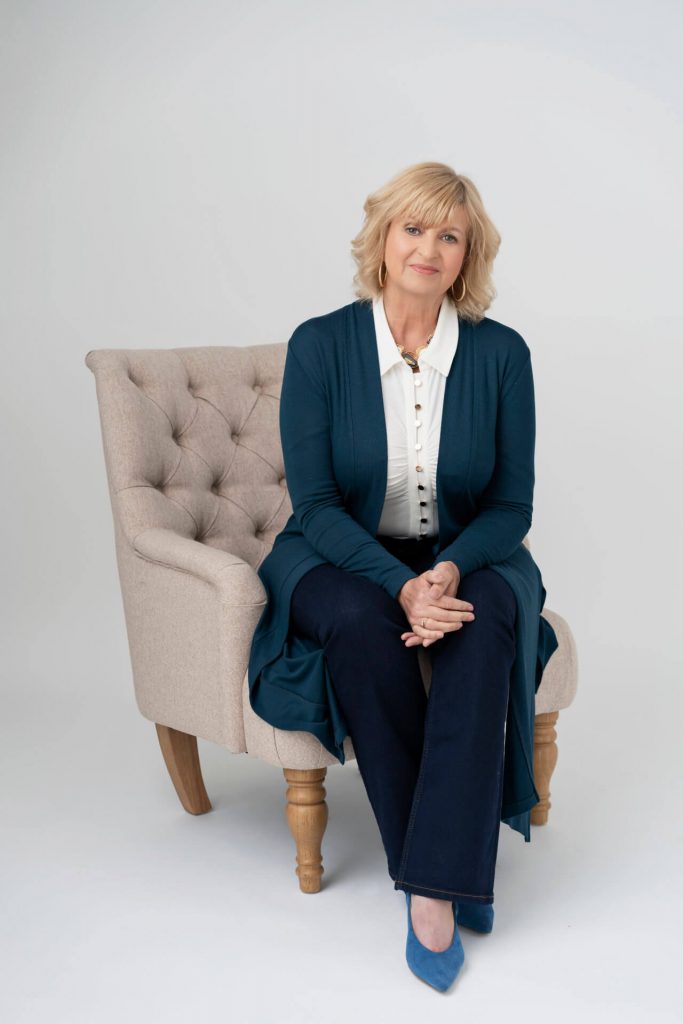Alcohol Addiction Among High Earning Professionals [Stats]By Michaela Weaver
Table of Contents
Why are so many high-profile professionals struggling with alcohol addiction
As many as 1 in 20 UK GPs are dependent on alcohol, with half drinking at least twice a week ‘because of the NHS crisis.’
Doctors suffering with alcohol addiction are not only putting their own health at risk, but also the wellbeing of patients in their care.
It may be hard for a medical professional or any high-profile professional to accept they have an addiction to alcohol.
There are also 20% of UK surgeons with an alcohol dependency.
These stats were compiled May 2019 by Birkbeck, University of London and UCL and surveyed 417 doctors, pre COVID era and so numbers may have increased now.

In the US nearly 21% of participating U.S lawyers and judges admit to having problems with alcohol.
The expansive National Study which looked at almost 13,000 lawyers and judges who were licensed and employed in the U.S, conducted by the ABA Commission on Lawyer Assistance Programs and the Hazelden Betty Ford Foundation, outlined that alcoholism and substance abuse rates to be higher among lawyers.
So, taking this data into consideration on both sides of the Atlantic. Why are so many high-profile professionals struggling with alcohol addiction behind closed doors?
Surely, it’s time to open a dialogue and start talking more about alcohol-related stress issues amongst lawyers, doctors and surgeons as well as other high-profile professionals?
Why Is Addiction Among High Earning Professionals so Prevalent
Many of the people who fall victim to alcohol addiction are those that most break the stereotypical view of ‘an alcoholic’.
There are millions of people living with alcohol addiction who are well-educated university and college graduates. These people are often leaders in our society.
The alcohol con does not care who you are, and well-educated successful people are more likely to have the social networks and the financial means to give the alcohol addiction a good run for its money.
Lawyers, doctors, politicians, accountants, nurses, teachers, engineers and scientists, dentists, entrepreneurs and intrapreneurs are all as likely to fall into the alcohol trap as anybody else.
There are many factors that affect the rapidity of the entry into the alcohol trap. It is often the more educated, successful and sociable people who drink more, drink faster, and sink most quickly into the trap.
There are many reasons for this. People who are better educated tend to drink heavily at College or University and so the reward mechanisms and pathways and learning in the subconscious are well established at a relatively young age.
This group of people also then tend to go on to get more high-powered jobs, and high achievers are often encouraged to drink after work, and they are also likely to suffer from more stress-related conditions connected with work.
The work hard, play hard ethic is strong and so successful people often drink a lot.
Are Women More at Risk From Alcohol Addiction
Women, in particular, are falling into the alcohol trap in droves.
When women pause or stop their careers to have children, they can quickly fall into the end-of-day stress-relieving category of problem drinkers.
Wine o’clock is anything but fine o’clock. Hundreds of thousands of women at home with children are drinking with the perceived benefits of giving them some kind of enjoyable freedom at the end of the day or relaxing because they’ve had a hard day looking after the children.
Once the addiction is established it tends to grow over time, with a sneaky glass at lunchtime, or a bottle while cooking the dinner, and then even when the children have left home, it carries on.
Better educated and successful people have a higher disposable income which means that when it comes to financing alcohol addiction there are no barriers, and expensive wines and the best gins find their way into the booze cupboard at home.
How Long Does it Take to Become Addicted to Alcohol
The development of an addiction to alcohol can take many years or decades to go from occasional consumption to a serious problem, or it can happen over a series of months.
When alcohol is drunk over many years, it is no surprise that an ever-growing number of normal, regular successful women become addicted.
In the UK in 2018 (NHS Digital) 7% of all hospital admissions were due to a primary or secondary diagnosis linked to alcohol. Of those admitted a staggering 39% of patients were aged 45-64, with a peak at 45-54, and there is a growth in these patients being women.
So What Is the Solution for The Alcohol Trap?
As the founder of the Alcohol Coach, it’s my job to coach clients, train them, educate and encourage them away from a life where alcohol causes problems, and where they are stuck in a growing cycle of addiction.

As an alcohol coach, I inspire clients to learn, build confidence and grow into a life where they can be vibrant and cope with stress and challenges in new ways.
This means that I also use my life and wellbeing coach training as well as my addiction and emotional health training when I provide alcohol coaching. I mostly run programs and courses, but I also offer 121 support as well when time permits.
I am also a mentor for solving alcohol problems and discovering life without it, and I was addicted to alcohol myself for probably all of my adult life. Until I figured it all out!
Being out of the alcohol trap is called sobriety and it’s actually fabulous. It’s not boring in any way, and when I look back to when I was drinking a bottle or two of wine every night and slurring at family reunions I was probably very boring indeed.
An alcohol coach isn’t the same as a counsellor.
I take people from where they are now and move them towards a place they want to be. We start from day 1 and move forwards. It’s often said that a coach takes people from the dark into the light, and that’s a great way to think about alcohol coaching and my job as an alcohol coach.
I am also an alcohol teacher who provides learning and information to help people make sense of the alcohol conundrum, and that is so important because there is a dearth of misinformation out there about alcohol and addiction.
I know exactly what it’s like to be addicted to alcohol, yet still function in society behind a mask, and be that ambitious, successful high-performance woman in the workplace – outwardly accomplished, but inwardly struggling with failed promises and morning regret.
My approach to alcohol coaching is based on science, psychology and down to earth common sense.
I teach rational ideas that people find refreshing, inspiring and helpful.
I also teach people to be incredibly happy without alcohol and not to feel as though they are missing out or are social outcasts. That would be miserable, and my whole purpose is for people to thrive, to be happy and to be free.
If you are struggling right now with alcohol problems, I have one very important message for you: you are not weak, and you are not incapable of controlling yourself. You just haven’t figured out yet, how you have become involved with an addictive drug and what to do to solve that.
That’s where I come in.
If you want to learn more sign up for your free MasterClass.

Hi, I'm Michela
I’m a leader in the science of transformational freedom for women, and someone previously addicted to alcohol. I have walked the path. I understand your concerns and fears. Here you will find some of my thoughts and insights. Happy browsing!
Keep me in the loop!
Want more inspiration, knowledge and ideas about alcohol and how to make the changes you want stick? Sign up here to receive more articles and news like this.